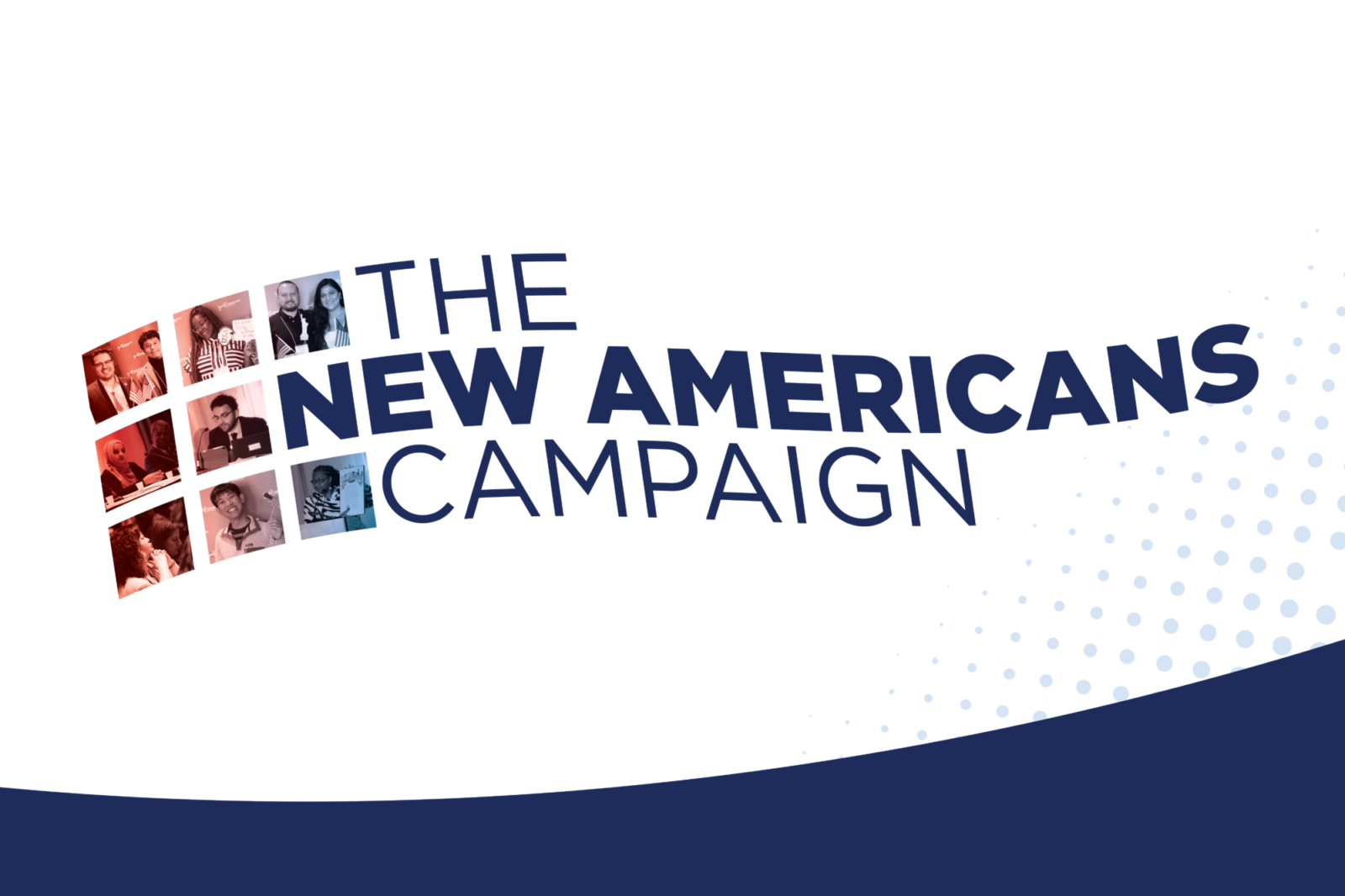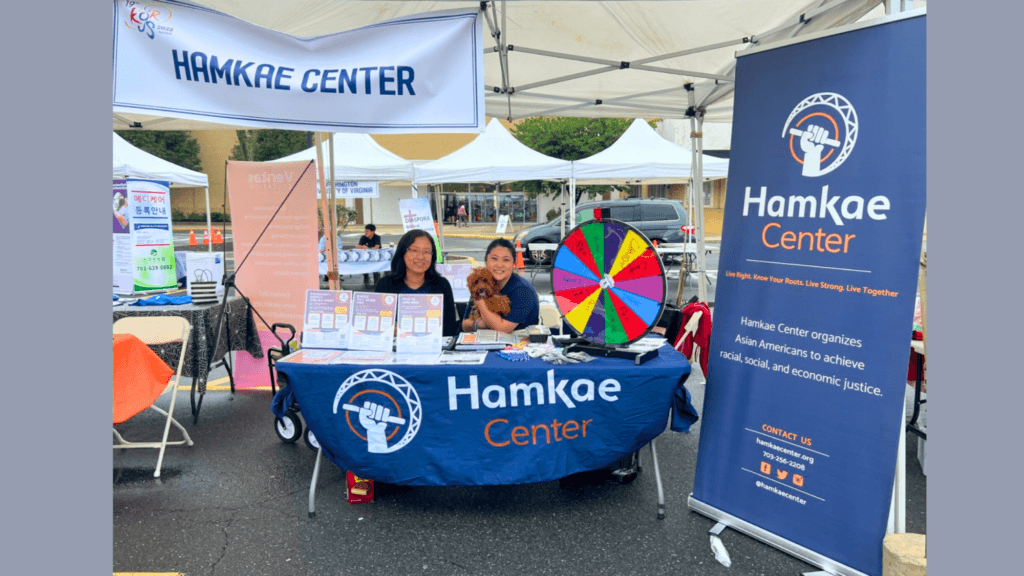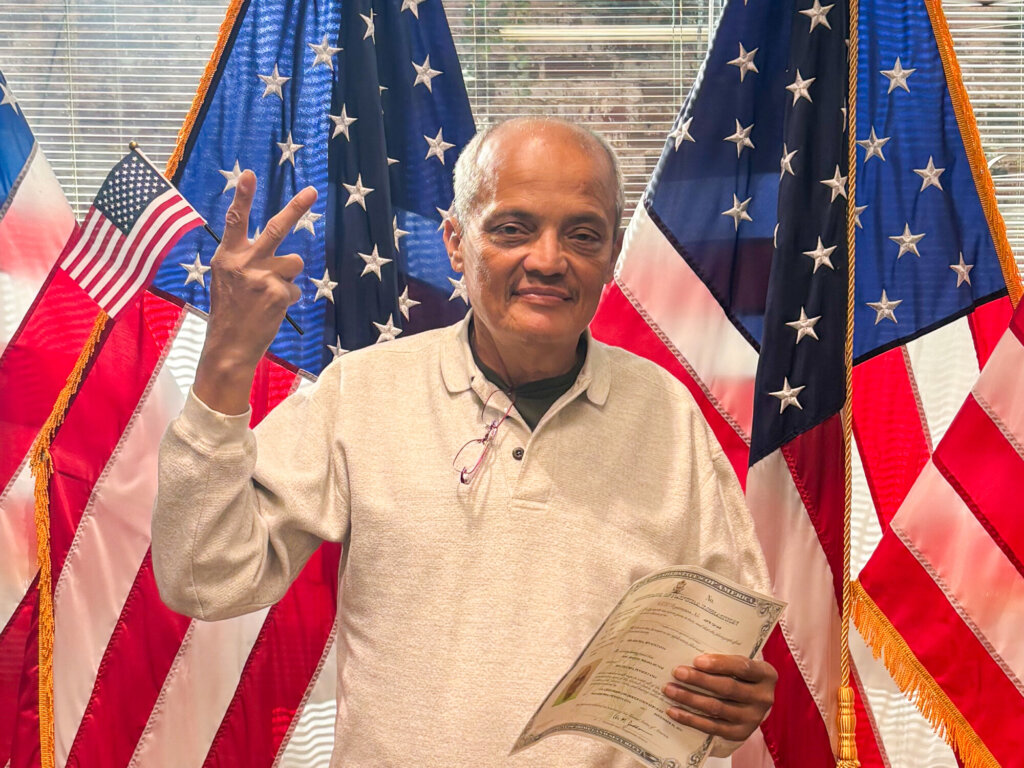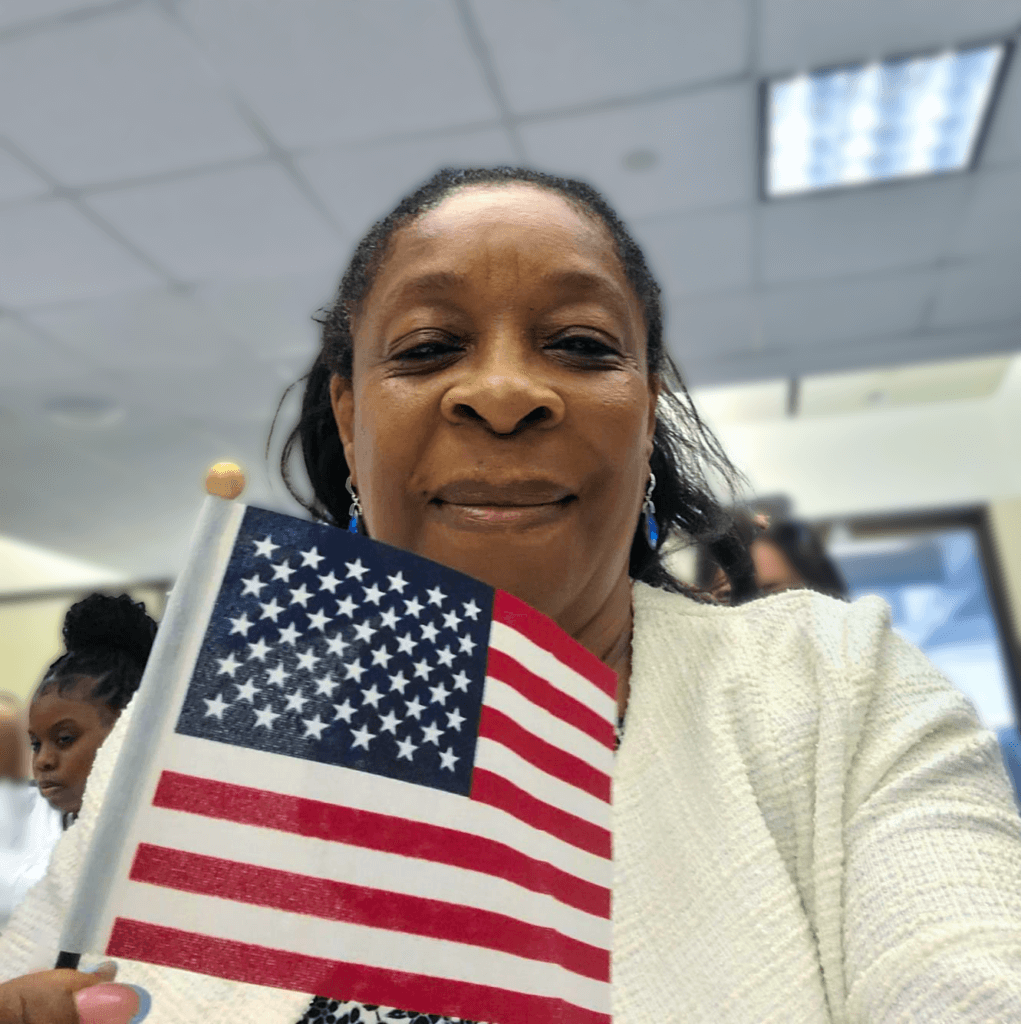How Volunteering Taught Me the Struggles Many Immigrants Face in America and Why It Matters

Explore more
As a former educator, I spent many years working as a teacher, professor, principal and district superintendent. So it was second nature for me to continue teaching even after retiring from the field. It was through teaching ESL classes to low-income patients at a medical clinic in Chicago that I got a firsthand look at how difficult the life of an immigrant really is.
I met so many Latino immigrants who were visibly worn-out from long hours of work, but still struggling to make ends meet. Speaking with them, I started to understand the anxiety they felt about not having the financial means to become a U.S. citizen. On a daily basis, these individuals take care of their own children while cleaning homes or landscaping – the kinds of hard work that are often the only options for people who come across the border. Despite paying their fair share in taxes, they don’t receive any benefits for doing so.
After each conversation I had, I admired these individuals more and more. With all they’ve done for us, I knew I could do more for them, so in 2011 I began to teach ESL in a variety of settings. I knew that learning English could help them increase their opportunities in this country.
Over time I began to want to become more directly involved in helping immigrants achieve citizenship benefits, and I got my opportunity in the fall of 2014. I was at a workshop for ESL volunteers and noticed a flyer on the wall about Erie Neighborhood House, an organization dedicated to strengthening the lives of low-income immigrants in Chicago through citizenship and immigration services, as well as workforce preparation, housing assistance, child care and after school programming. After the workshop, I immediately contacted Jane Lombardi, the director of citizenship and immigration at Erie, and asked her if they needed any volunteers in her department.
By December 2014, I was volunteering at Erie’s weekend citizenship workshops where volunteers and attorneys help eligible lawful permanent residents complete their naturalization paperwork and later file those applications with United States Citizenship and Immigration Services (USCIS). Seeing the faces of immigrants and their families light up after completing a citizenship application warmed my heart. You didn’t have to ask to know that, for them, citizenship was a gateway to a better, more fulfilling life in America.
After participating in several workshops, consistently seeing the same level of excitement on immigrants’ faces, I was hooked. Now, I volunteer about 20 hours a week with Erie, providing clerical support such as data entry, prepping materials for citizenship workshops and translating documents such as birth and marriage certificates, personal statements and news articles. I also get to teach English for Erie’s ESL program. One of my favorite experiences has been teaching Margarita, a custodian with Erie who also works on clerical tasks when needed.
During my first conversation with Margarita, I spoke a few words to her in Spanish (I minored in college but am not fluent). She noticed my effort to speak in her native tongue and kindly offered, “You need to practice speaking in Spanish. If you’d like, we can practice every time you come to Erie. Maybe you can also teach me English.”
To me, teaching immigrants English is one of the most important things we can do because it helps them with the naturalization process. That’s why after our initial conversation, Margarita and I always found time to help each other learn the other’s mother tongue. Although Margarita is now taking English classes in a group setting at Erie, we remain good friends and continue to practice English and Spanish whenever we see each other.
I am especially proud and grateful to work with such a wonderful group as Erie. As her employer, Erie includes the time Margarita spends learning English each week as part of her work hours, which means she’s able to receive pay and provide for her family while improving her English language skills. Furthermore, Erie’s legal department staff try very hard to stay on top of every single case they’re given. I know many people who have paid thousands of dollars for immigration services without ever receiving the help they needed. At Erie, Jane and her team are diligent at connecting with USCIS to inquire about a case and regularly follow up to get the latest information possible. They understand that for many lawful permanent residents, citizenship means they have access to better educational and job opportunities, rights and security – benefits that will set them and their families up for a better life.
To me, all the services Erie provides – from immigration services to ESL workshops and many others – are invaluable. We have bilingual staff on hand who value and treat immigrants with the respect they deserve, and provide them with inexpensive, quality legal assistance. Staff like Efren.
I remember one day when Efren, a legal assistant, received a call from an elderly Ukrainian lady at a nursing home. She did not know how to process her naturalization paperwork and had no family close by to help her. Because she was unable to come to Erie in person, Efren spent 30 minutes trying to connect her with a social worker. He researched and called multiple agencies to find someone to help her. He did, and she was so thankful that Efren had “gone out of his way” to help.
The level of kindness Efren gave to this woman is echoed in every Erie employee. Everyone on staff is always upbeat and just gives and gives and gives. Because I have witnessed my sister, who married an undocumented immigrant, and many like her, go through the citizenship process with family members, I know that not all people or organizations are like Erie. I am thankful to work alongside such caring, selfless individuals, and proud of the naturalization work we have accomplished.
Many years ago, a mentor told me, “We should spend the first two-thirds of our lives for ourselves and our family, and the last third for others.” Because of my work with Erie and teaching English to immigrants like Margarita, I know I have done just that.
By Patricia Tucker-Ladd
Interested in applying for citizenship? Visit our Finding Assistance page.



